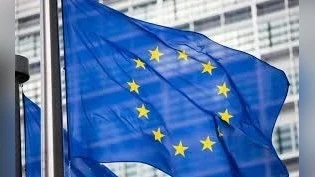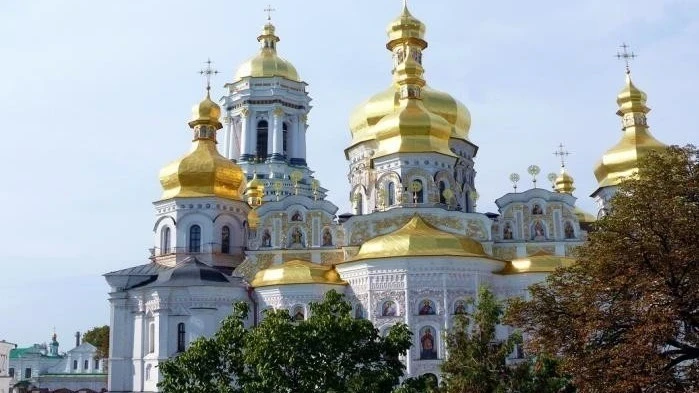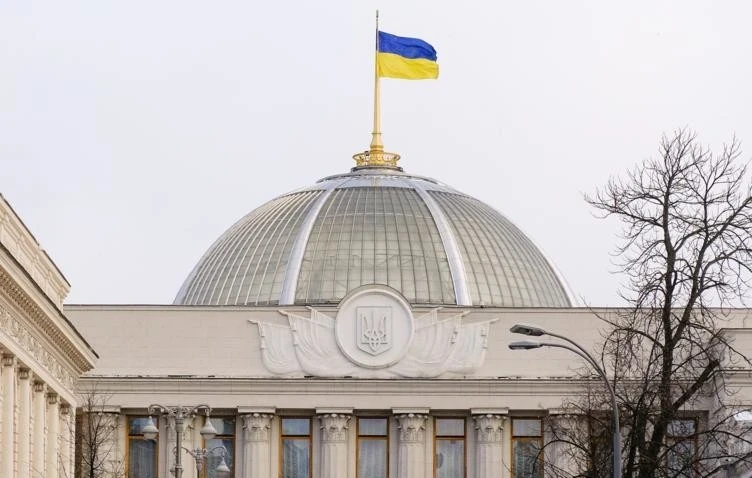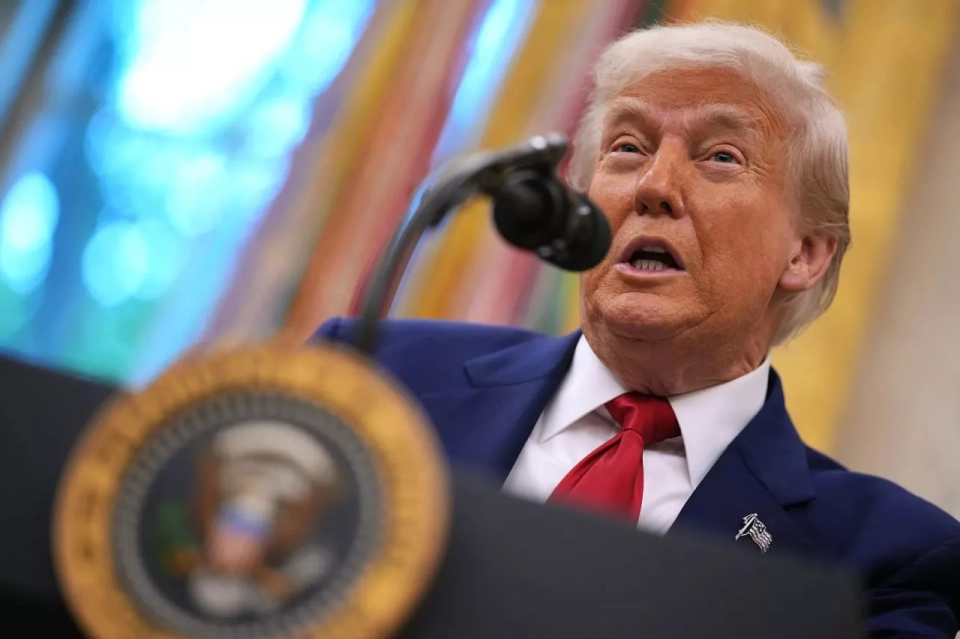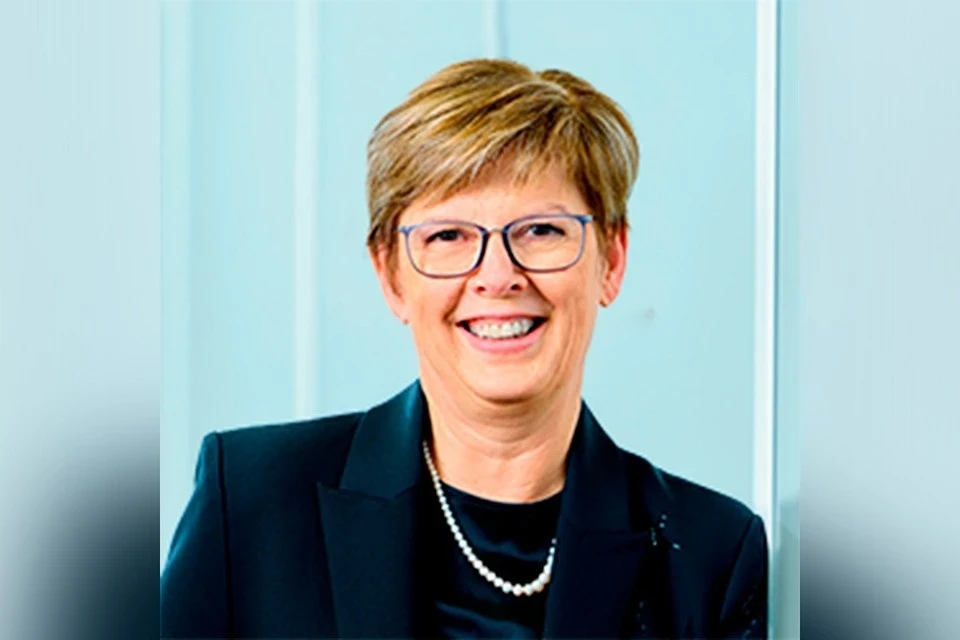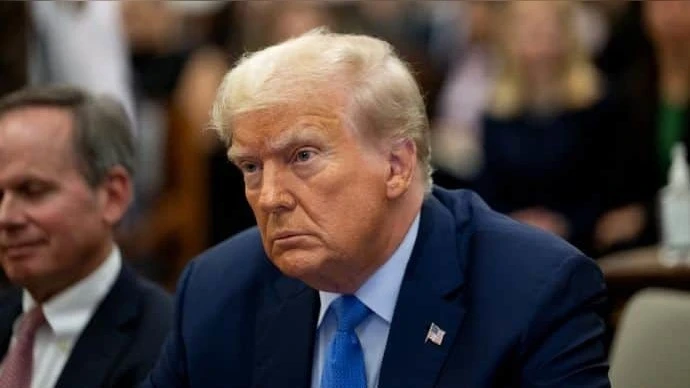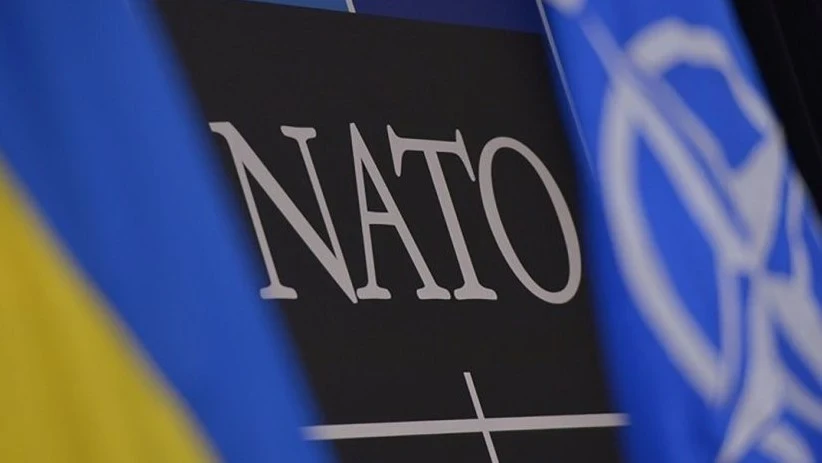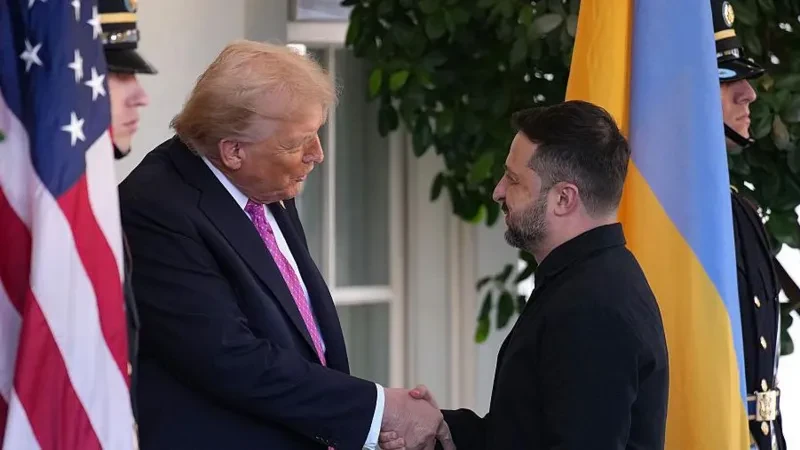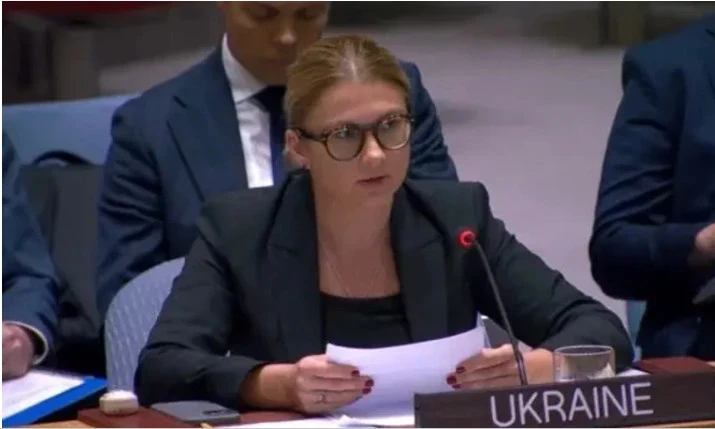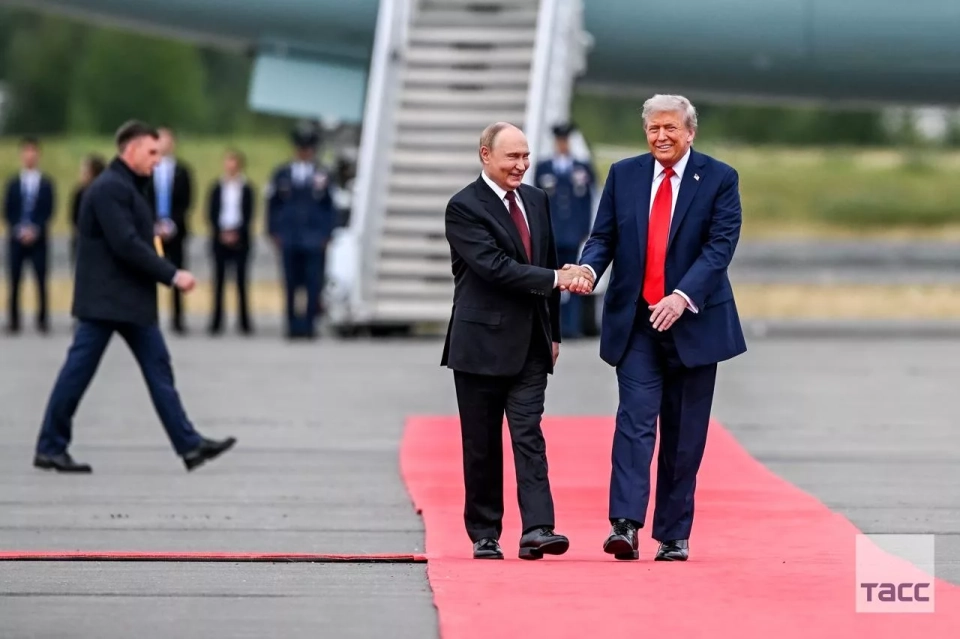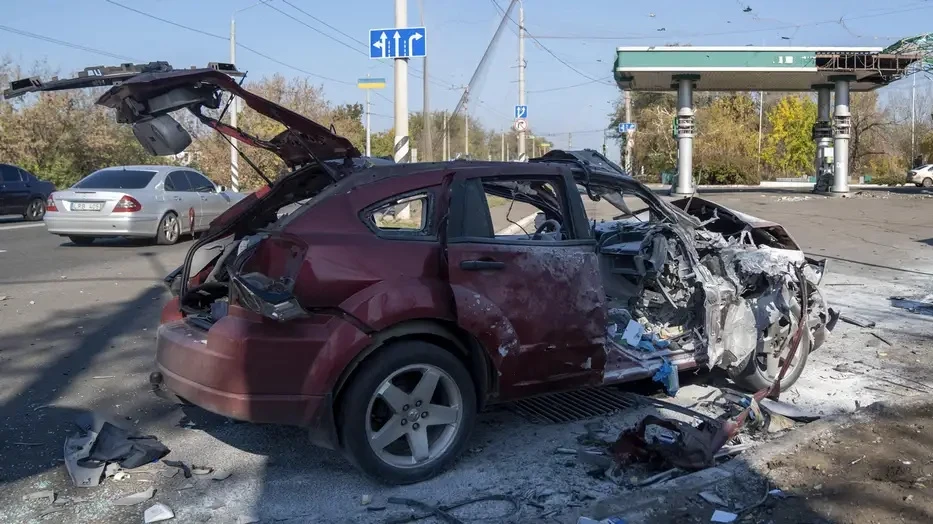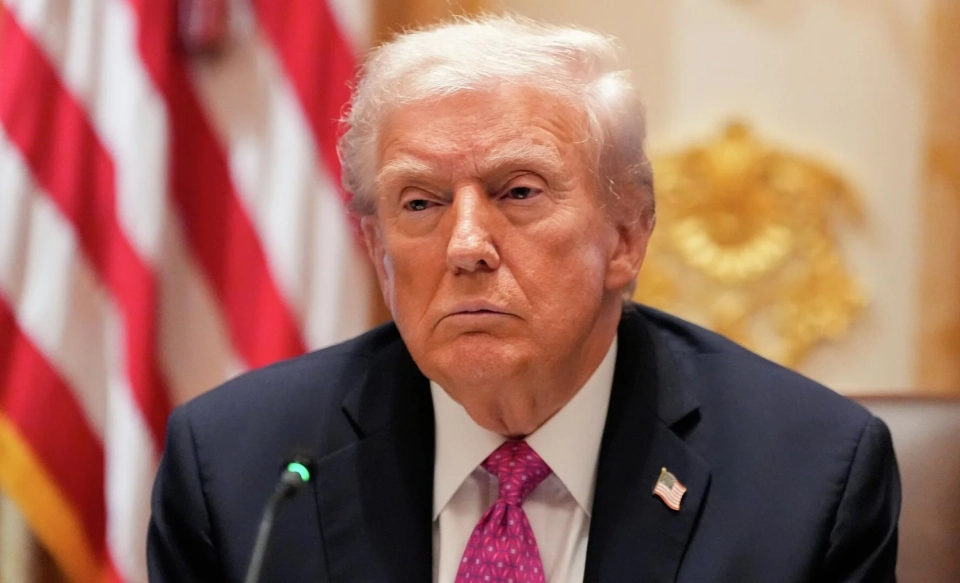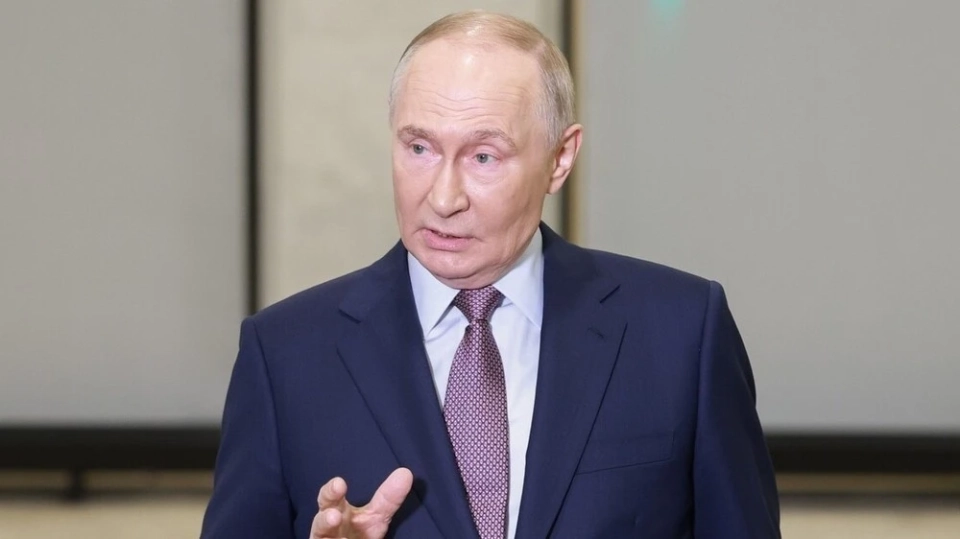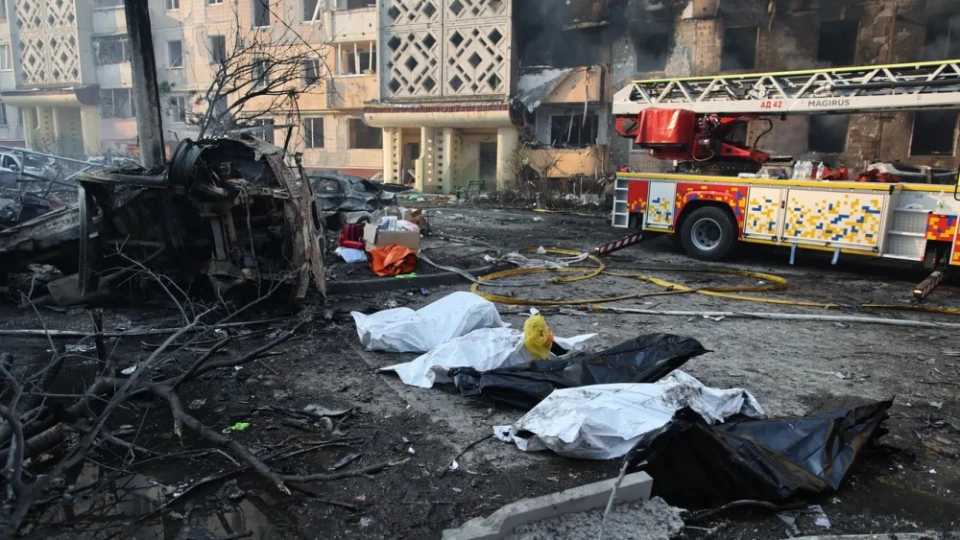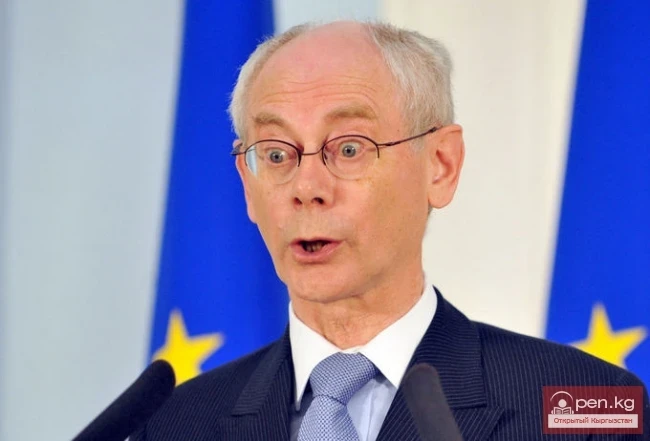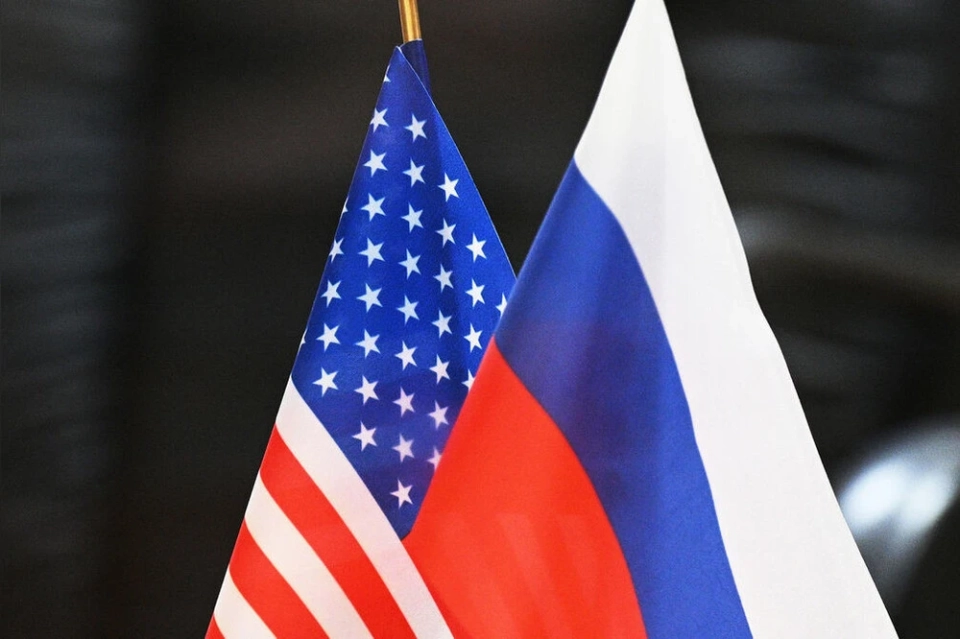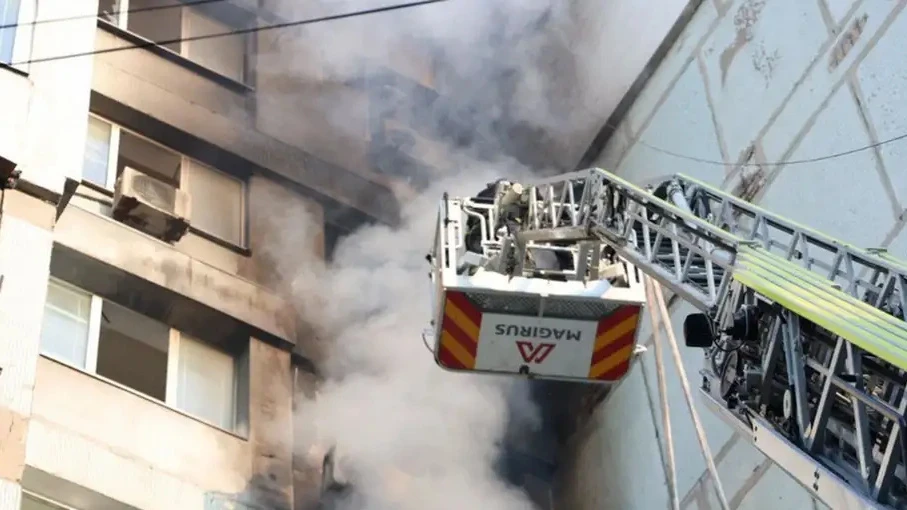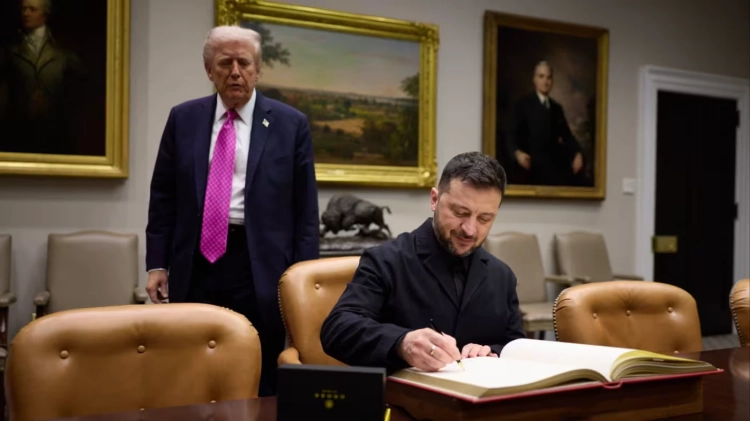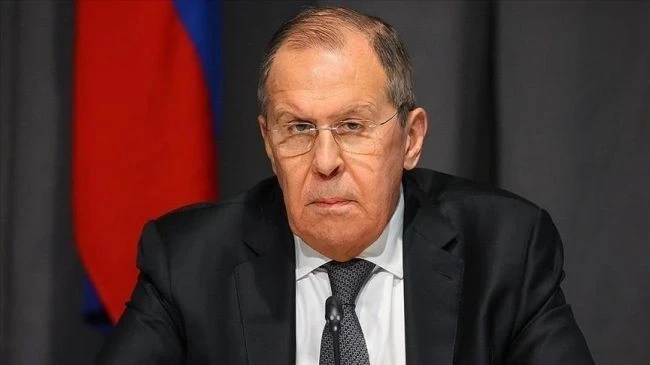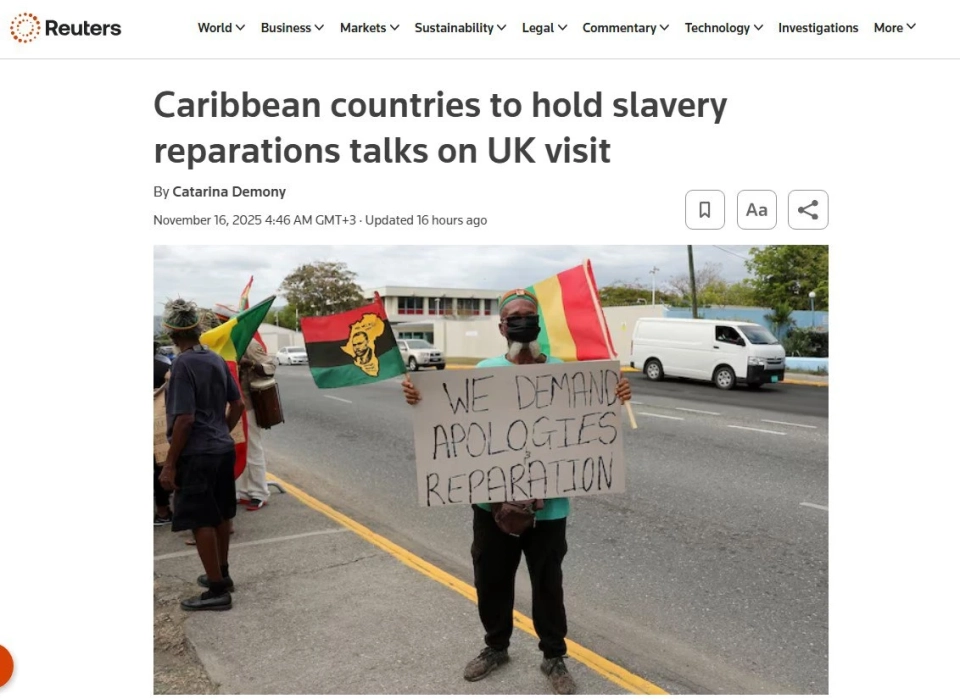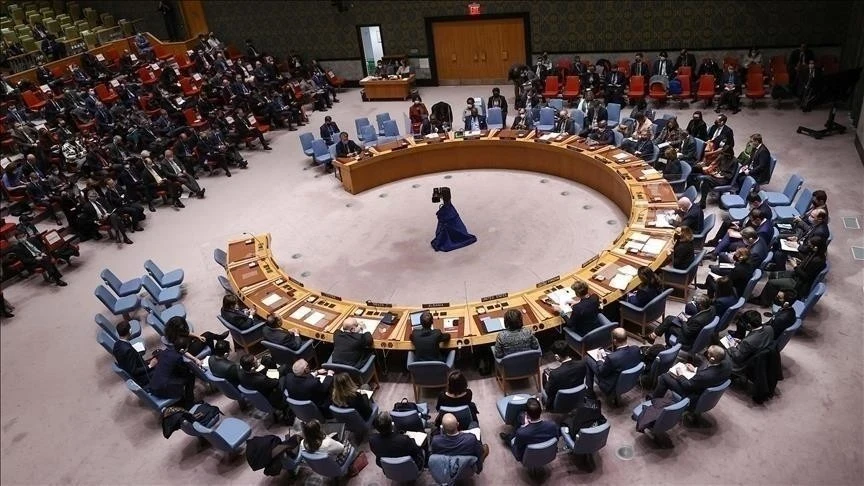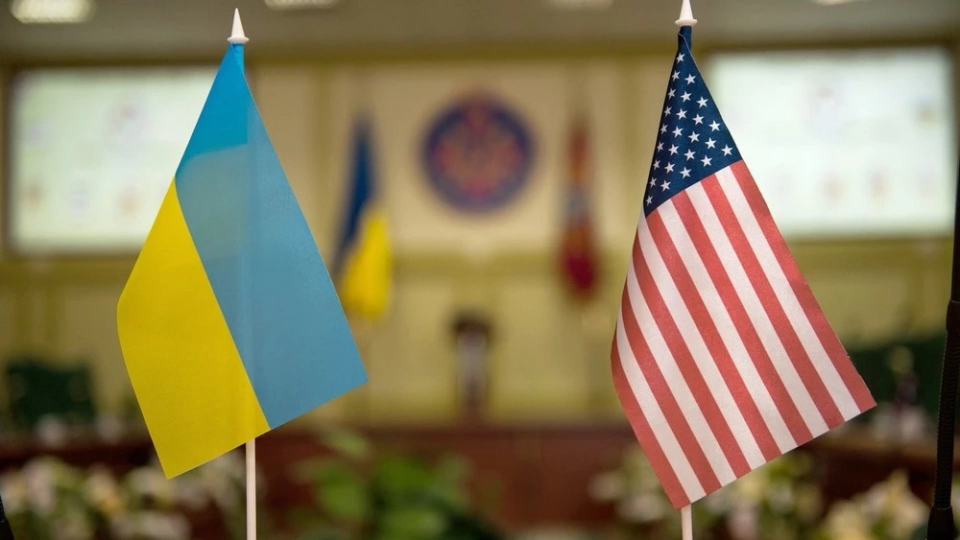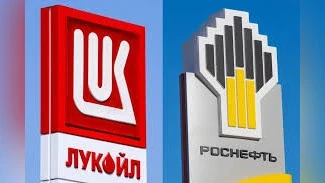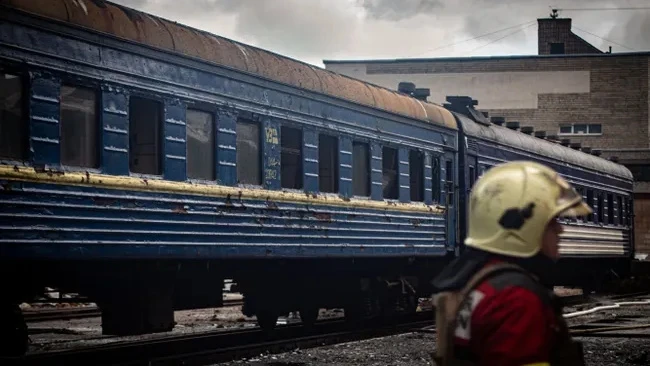In particular, criticism focuses on the following points:
- the inadmissibility of changing borders by force, which contradicts attempts to recognize Crimea and Donbas as Russian;
- the limitation of the Armed Forces of Ukraine, which will leave the country vulnerable to new aggressions;
- the points regarding NATO and the EU require separate consent from the participating countries, which will complicate their implementation.
European countries emphasize that guarantees from Russia "are worthless," referring to the experience of 1994 when Ukraine renounced its nuclear arsenal but subsequently faced aggression.
There is also concern over the proposal to direct part of the frozen Russian assets to projects involving the US and Russia. According to this plan:
- the US intends to use 100 billion euros from frozen assets, receiving 50% of the profits from the projects;
- the remaining assets may be unfrozen for new investments in Russia and the US.
According to DPA, discussions on the peace plan will take place on November 23 in Geneva between representatives of the EU, the US, and Ukraine.
CNN reports that US Army Secretary Dan Driscoll has already arrived in Geneva for consultations with Ukrainian delegates. US Secretary of State Marco Rubio and Special Envoy Steve Witkoff will join the negotiations later. It is expected that wording will be agreed upon before the meeting between Volodymyr Zelensky and Donald Trump.
Russian President Vladimir Putin has stated Moscow's readiness for peace talks; however, discussions on the details, including a possible conversation with Trump, are ongoing.
According to The Financial Times, Washington insists that Ukraine agree to the peace plan by November 27, emphasizing that the "window of opportunity" for this is "very limited."
The Guardian also reported that the US threatens Kyiv with stricter conditions in case of refusal. The US Chargé d'Affaires in Ukraine, Julie Davis, told European diplomats that despite the tough conditions, Kyiv "has no other choice."
